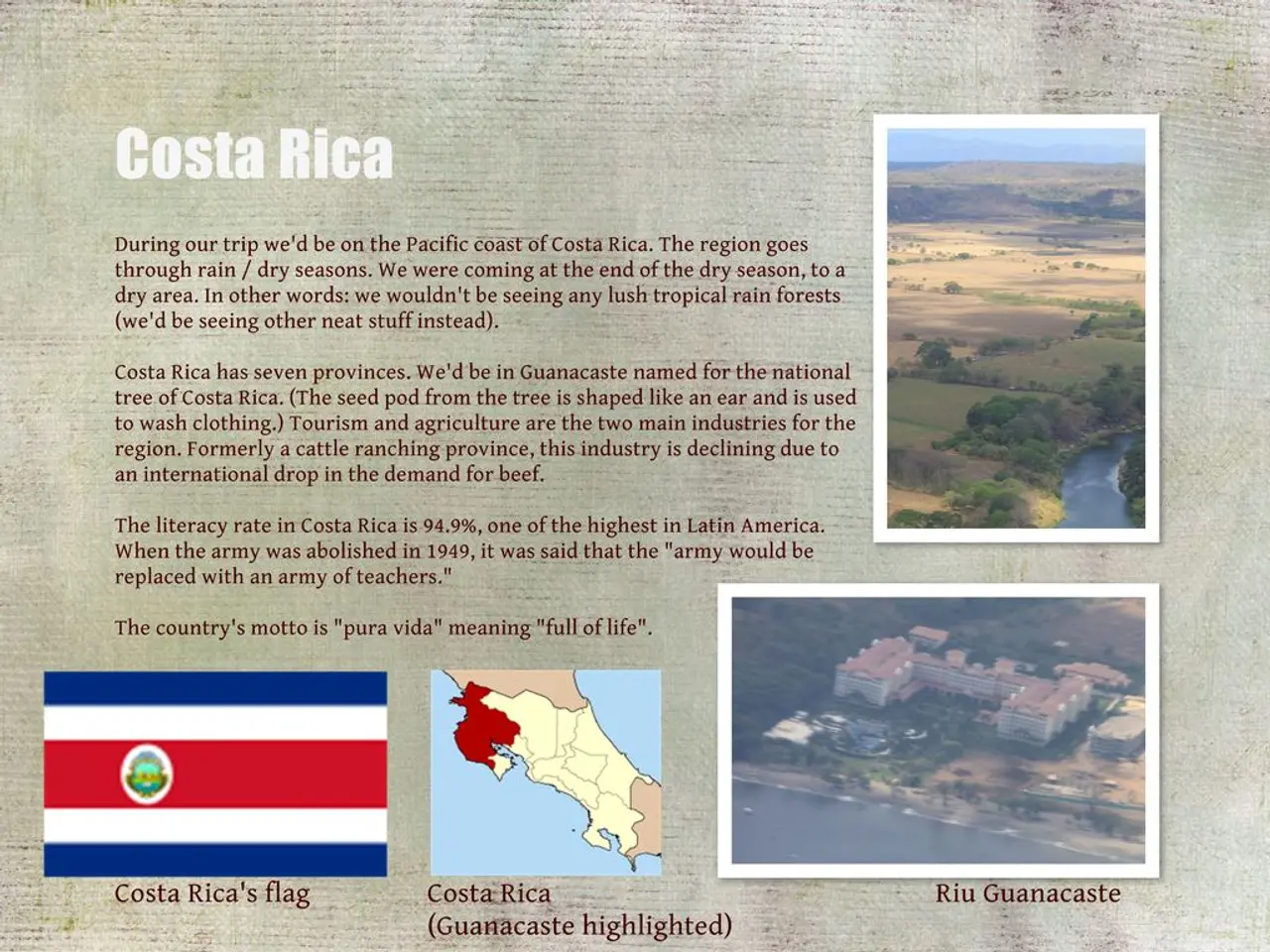U.S.A. state Hawaii files lawsuit alongside other regions against the USDA for requesting personal data of SNAP beneficiaries.
The US Department of Agriculture's (USDA) request for personal information from millions of people receiving federal food assistance through the Supplemental Nutrition Assistance Program (SNAP) has sparked a wave of privacy concerns.
At the heart of the controversy is the USDA's demand for sweeping datasets containing sensitive information, which has been challenged as exceeding the USDA’s authority and violating several federal laws.
Key issues include:
- Illegal and overreaching data demands: The USDA's demand for data, under the 2025 Trump Administration executive order aimed at "Stopping Waste, Fraud, and Abuse," has been criticised as a breach of established laws such as the Paperwork Reduction Act, the E-Government Act, and the Privacy Act.
- Risk of discouraging beneficiaries: Disclosing sensitive SNAP data without adequate protections could deter eligible individuals from seeking vital assistance due to fear of exposure or immigration consequences.
- Potential for misuse and government overreach: Extensive data collection could set a dangerous precedent, allowing the federal government to target or surveil vulnerable populations without sufficient oversight or consent.
- State and vendor pushback: States, contractors, and legal experts have rejected the USDA’s demand as unlawful, emphasising states' rights to negotiate data security protocols and safeguard recipient data.
- Calls for stronger data protections: Advocacy groups and some lawmakers have urged reassessment of data collection and sharing practices related to SNAP, emphasising the need for transparency and privacy safeguards.
California Attorney General Rob Bonta has led the charge against the USDA's data demand, stating that it violates privacy laws and breaks trust between the federal government and its people. California, along with New York Attorney General Letitia James, sued the Trump administration last week over new rules barring undocumented immigrants from accessing federally funded benefit programs.
The USDA's demand for data includes names, dates of birth, social security numbers, addresses, transactional records, and potentially income information for all current and former SNAP recipients since the start of 2020. The executive order also demands that Trump's agency appointees receive "full and prompt access" to all data associated with federal programs, including data on people's education, employment, immigration status, and citizenship.
California alone receives "roughly $1 billion a year" to administer the SNAP program in the state, and any delay in funding could be catastrophic. A coalition of states, including California, New York, Kentucky, Arizona, Colorado, and others, are involved in the lawsuit against the Trump administration.
Other Democrat-led states, such as Hawaii, have also filed federal lawsuits against the USDA. The deadline for submitting the data is Wednesday, and failure to comply may result in noncompliance procedures, including the withholding of funds.
[1] Electronic Privacy Information Center (EPIC), "USDA SNAP Data Demand Violates Privacy Laws," 2021. [2] National Law Center on Homelessness & Poverty, "SNAP Data Demand Chills Beneficiaries," 2021. [3] American Civil Liberties Union (ACLU), "USDA's SNAP Data Demand Threatens Privacy and Civil Rights," 2021. [4] National Immigration Law Center, "SNAP Data Demand Puts Immigrant Families at Risk," 2021.
- Controversies surrounding the USDA's data demand from millions of SNAP recipients have spurred discussions in the realm of war-and-conflicts, as advocacy groups and state attorneys general vigorously challenge the data collection policy-and-legislation, asserting it violates privacy laws and breaches trust.
- The ongoing battle against the USDA's sweeping data demand has garnered attention in the general-news sector, with numerous articles detailing the potential risks of data misuse, such as deterring eligible individuals from seeking assistance and setting a dangerous precedent for government overreach.






